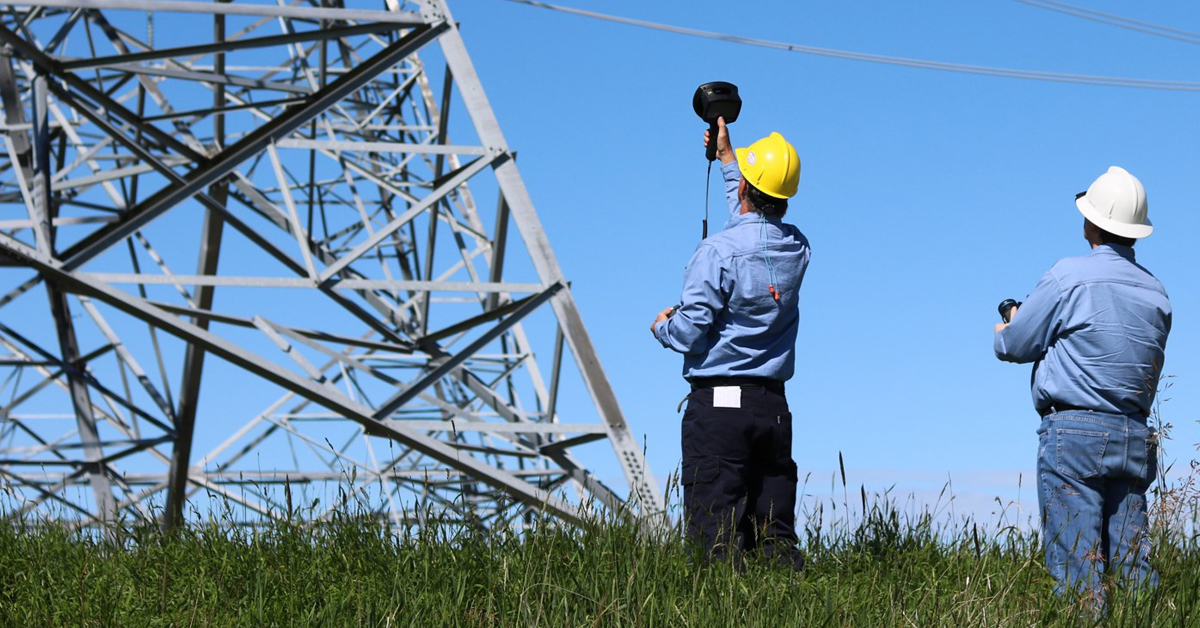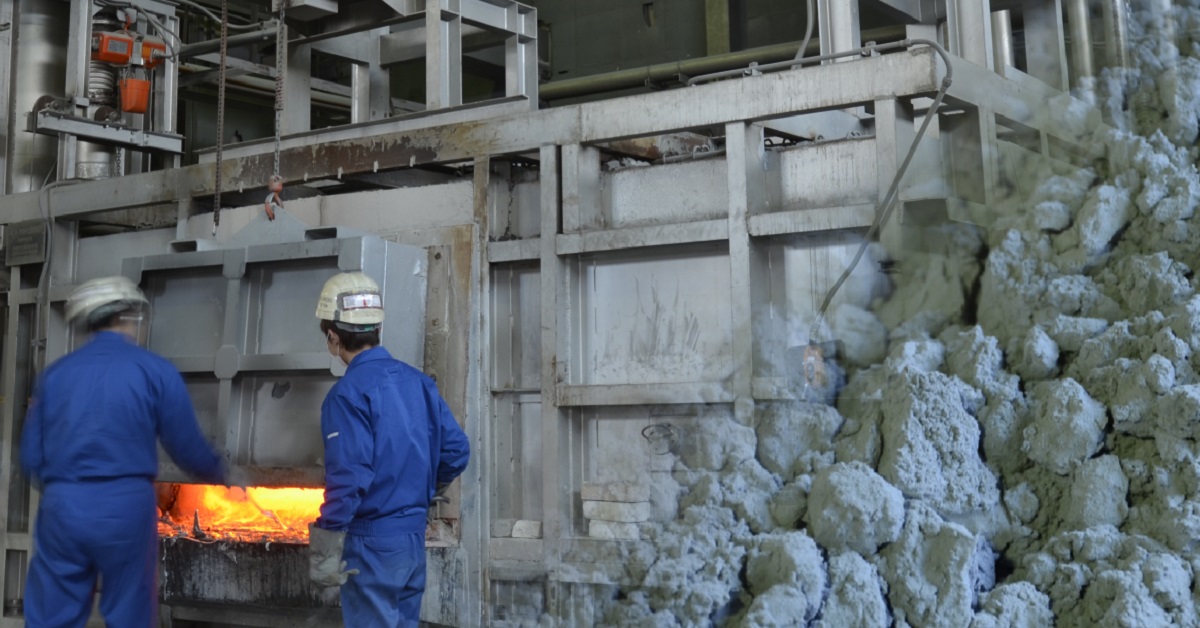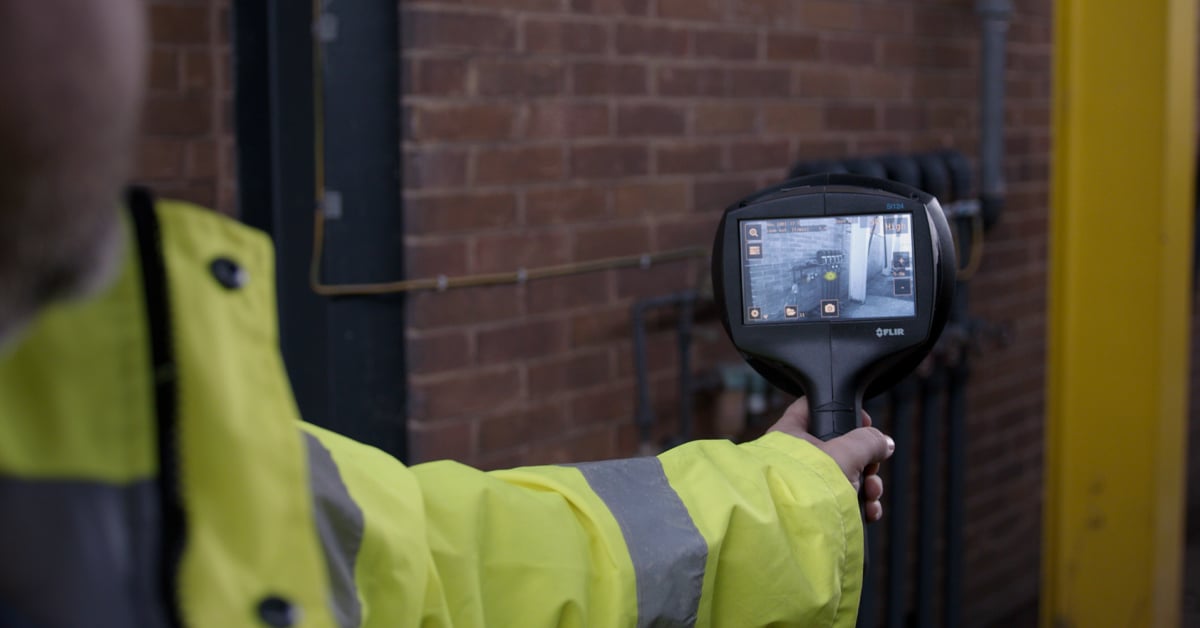Improved Operational Efficiency, Reduced Waste and Enhanced Productivity in Plastic Injection Molding Facilities
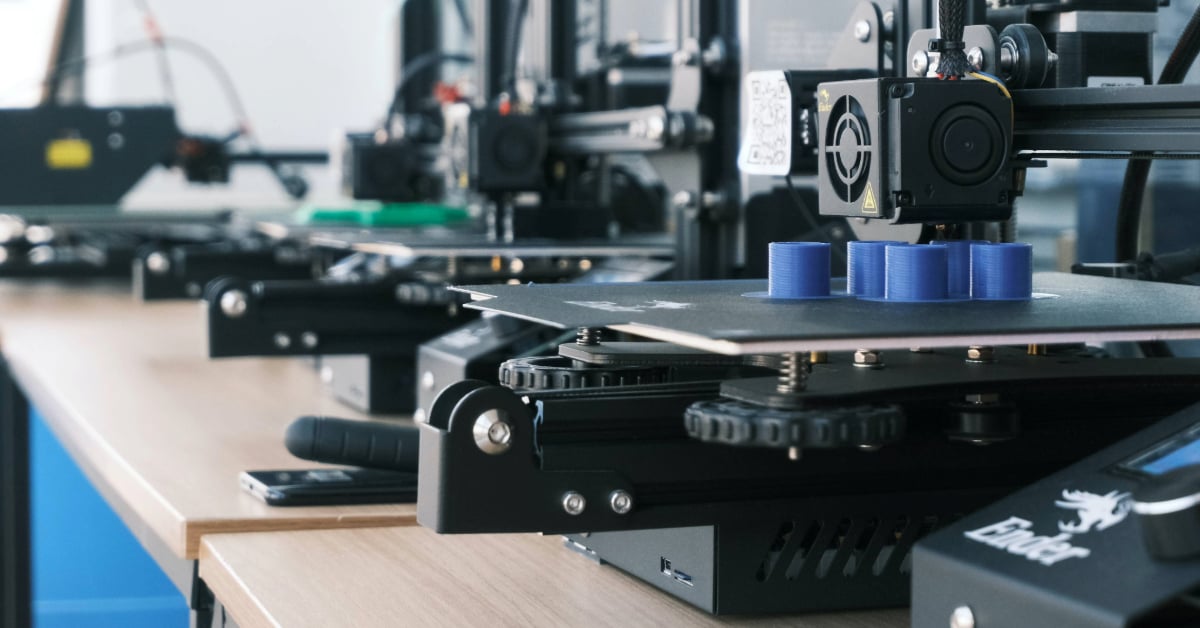
Plastic injection molding is a manufacturing process used to produce a large variety of plastic parts and products. It involves injecting molten plastic material into a mold or tool, which is then cooled and solidified to form the desired shape. Plastic injection molding is used in various industries, such as automotive, medical, consumer goods, and electronics, to produce a wide range of products such as automotive parts, medical devices, toys, and packaging materials.
The process is efficient and highly repeatable, allowing for large-scale production of high-quality plastic parts with tight tolerances and complex geometries. Compressed air is an important part of the plastic injection molding process, and is used for various functions including ejection, cooling, cleaning, valve gating, and operating pneumatic cylinders. Given the central role of compressed air, it is clear that air leaks have the potential to cause significant problems and need to be efficiently dealt with early on. One of the most effective way to detect air leaks in plastic manufacturing is through the use of acoustic imaging cameras.
Unseen Costs: The Hidden Dangers of Air Leaks in Plastic Injection Molding Facilities
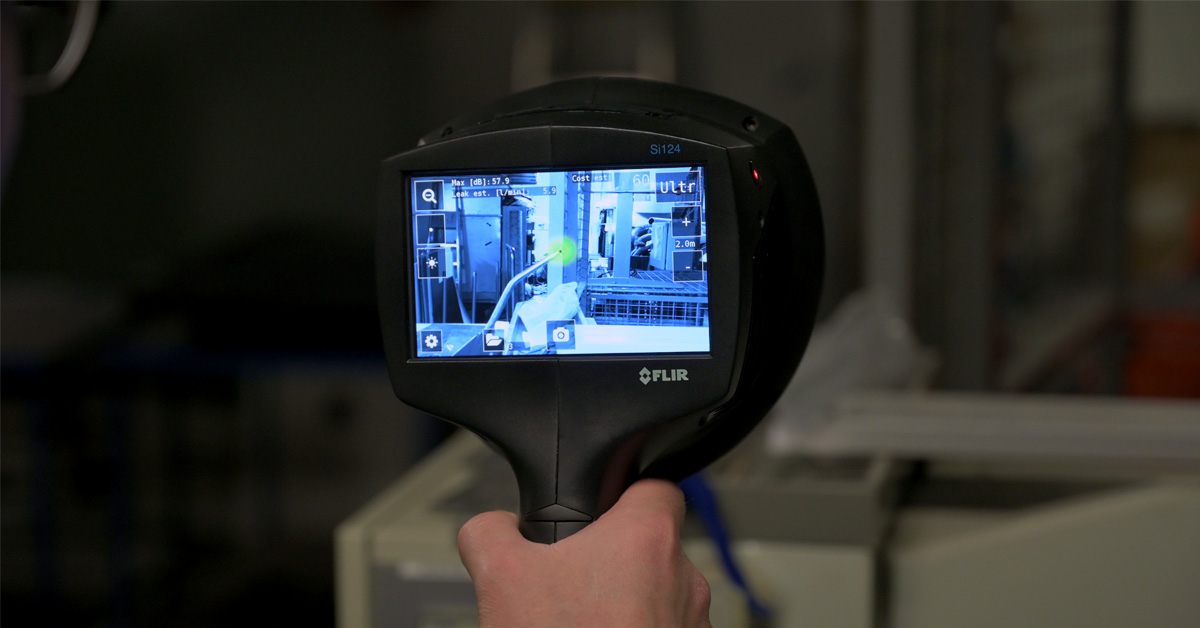
Compressed air leak detection with FLIR Si124 acoustic imaging camera
Product quality is among the several reasons why detecting air leaks is so important in the plastic injection molding industry. Air leaks in the injection molding process can cause defects in the final product, such as incomplete filling, warping, or sink marks. These defects can lead to reduced product quality and increased scrap rates, resulting in higher production costs. Undetected air leaks can also lead to longer cycle times, as the injection molding machine may need to compensate for the loss of pressure. This can reduce overall production efficiency and throughput, resulting in lower profits.

Operator safety is another potential issue caused by air leaks, as facility personnel may be exposed to high-pressure air or other hazardous gasses. Detecting and repairing air leaks in time can therefore help ensure a safe working environment for employees.
The environmental impact of air leaks should not be overlooked either, as they can contribute to pollution by releasing harmful gasses or other pollutants into the air. Detecting and repairing air leaks can help minimize the environmental impact of the plastic injection molding process.
An Acoustic Solution that Fits the Mold
The FLIR Si124 cameras meet the demands of air leak detection in the plastic injection molding industry by being able to pinpoint hidden leaks with high accuracy, even in noisy industrial environments. This non-destructive approach enables early detection, preventing product defects, reducing scrap rates, and minimizing downtime. AI-driven real-time analysis capabilities allow operators to take immediate action, optimizing production efficiency and ensuring product quality.
Extremely user-friendly and safe to operate from a distance without having to halt operations, the FLIR Si124 simplify the detection process and facilitate effective decision-making. Their reliability and durability also make the acoustic imaging cameras suitable for the demanding conditions of robust facilities, which can house as many as over 100 injection molding machines.
Additionally, the FLIR Si124 offer a cost-effective solution, delivering substantial benefits by improving operational efficiency, minimizing waste, and enhancing overall productivity in plastic injection molding operations.
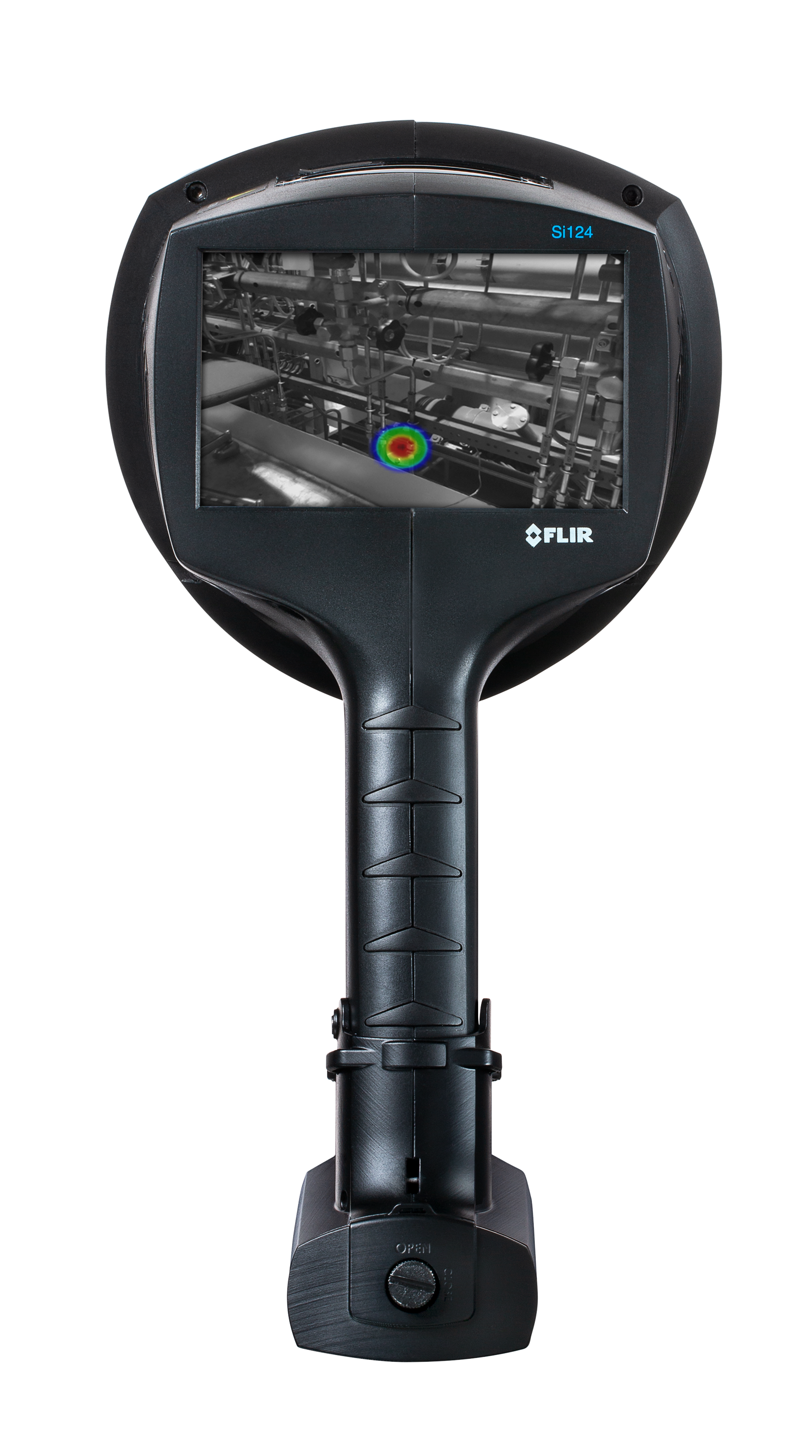
FLIR Si124 Acoustic Imaging Camera
Benefits of Using Acoustic Camera for Air Leak Detection in the Plastic Injection Molding Industry:
- Saves time, energy and costs by locating hidden compressed air leaks in time.
- Increases production efficiency by preventing unplanned downtime through early detection of air leaks.
- Scans large areas quickly and pinpoints critical problems accurately, even from a distance and on the noisy factory floor.
- Ensures product quality by preventing defects such as incomplete filling, warping, or sink marks, all caused by air leaks in the injection molding process.
- Improves operator safety by detecting potentially hazardous air and gas leaks at an early stage.
- Requires minimal training and is easy to incorporate into the maintenance cycle.
- Allows for inspections to be carried out without halting operations.
- Helps minimize the environmental impact of the injection molding process by preventing the release of harmful gasses or other pollutants into the air.
- Provides real-time results and actionable data for maintenance and repair plans through AI-driven analytics.
To learn more about the FLIR Si124 acoustic camera and how it can benefit your plastic manufacturing, visit www.FLIR.com/si124.
